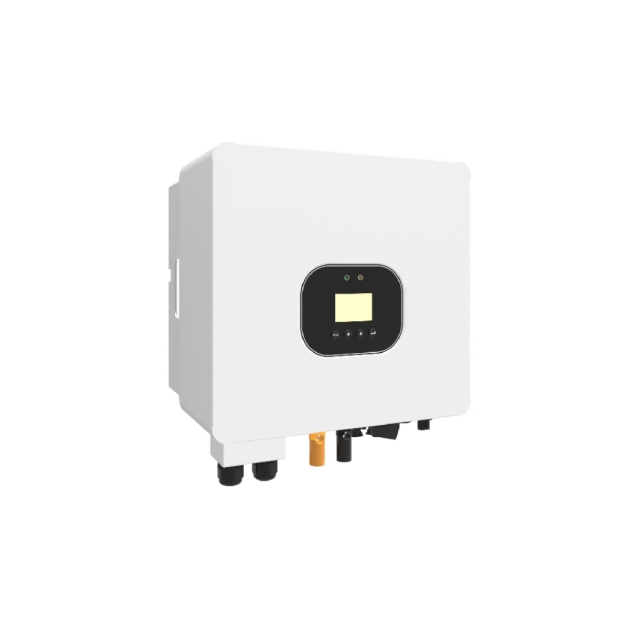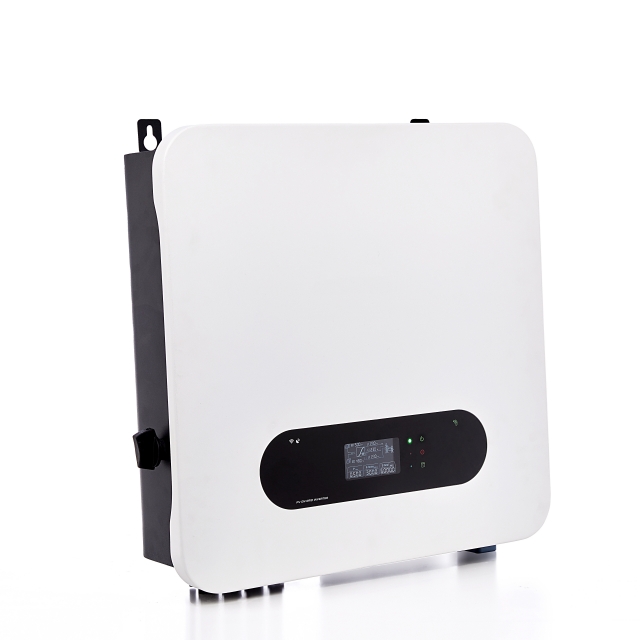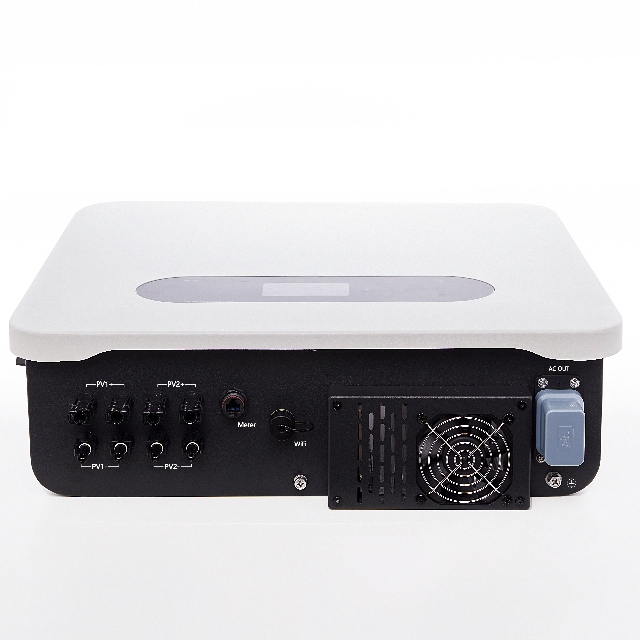Author:BLD Solar Energy SystemFROM:Solar System Converter Manufacturer TIME:2024-01-05
The solar industry has experienced rapid growth in recent years, driven by the increasing demand for renewable energy sources and the need to reduce carbon emissions. Within the solar sector, there are different types of solar systems, including off-grid, on-grid, and hybrid solar systems. In this article, we will provide a market analysis of these three types of solar systems and explore their advantages and disadvantages.

Off-grid solar systems, also known as standalone solar systems, are designed to operate independently from the electrical grid. These systems are typically used in remote areas where access to the grid is limited or nonexistent. They consist of solar panels, batteries, charge controllers, and inverters.
Off-grid solar systems have several advantages. First, they provide electricity in places where grid connections are not available, offering power to remote communities and improving their quality of life. Second, these systems are not affected by power outages or fluctuations in the grid, providing reliable electricity supply. Third, off-grid solar systems are environmentally friendly, as they utilize clean and renewable energy sources, reducing reliance on fossil fuels.
However, there are also challenges associated with off-grid solar systems. The initial installation cost can be high, including the costs of solar panels, batteries, and other components. Additionally, maintenance and replacement of batteries may be required periodically, adding to the overall cost. Lastly, off-grid systems may have limitations in terms of the amount of power ge

On-grid solar systems, also known as grid-tied solar systems, are connected to the electrical grid. These systems generate electricity through solar panels and feed any excess power back into the grid. This allows consumers to receive credit or compensation for the surplus electricity they produce.
One of the main advantages of on-grid solar systems is that they eliminate the need for batteries, reducing the initial cost of installation. Additionally, these systems are highly efficient, as they can utilize the grid as a storage system, ensuring a stable electricity supply even during periods of low solar radiation. Moreover, on-grid systems contribute to the overall stability and reliability of the grid, as they can supply electricity to the grid when demand is high.
However, on-grid solar systems are dependent on the availability of the electrical grid. If there is a power outage, these systems will not be able to provide electricity, unless a backup power source such as a genera

Hybrid solar systems combine the features of both off-grid and on-grid systems. They are connected to the electrical grid but also include battery storage for backup power during outages. These systems offer flexibility and can operate in both grid-tied and standalone modes, depending on the availability of the grid and individual energy needs.
One of the key advantages of hybrid solar systems is their ability to store excess energy in batteries for use during periods of low solar radiation or power outages. This ensures a continuous power supply, even in off-grid scenarios. Additionally, hybrid systems allow users to take advantage of any incentives or credits offered by the grid, while still having the independence and reliability of an off-grid system.
However, hybrid solar systems require additional components such as batteries and charge controllers, which can increase the initial installation cost. Regular maintenance and monitoring of the battery storage system are also necessary to ensure optimal performance.
In conclusion, off-grid, on-grid, and hybrid solar systems each have their own strengths and weaknesses. Off-grid systems offer independence and reliability, but can have higher upfront costs. On-grid systems provide the advantage of utilizing the grid as a storage system, but are reliant on grid availability. Hybrid systems offer the best of both worlds, combining the benefits of off-grid and on-grid systems, but require additional components and maintenance. The choice of solar system should be based on factors such as location, energy requirements, and budget.
